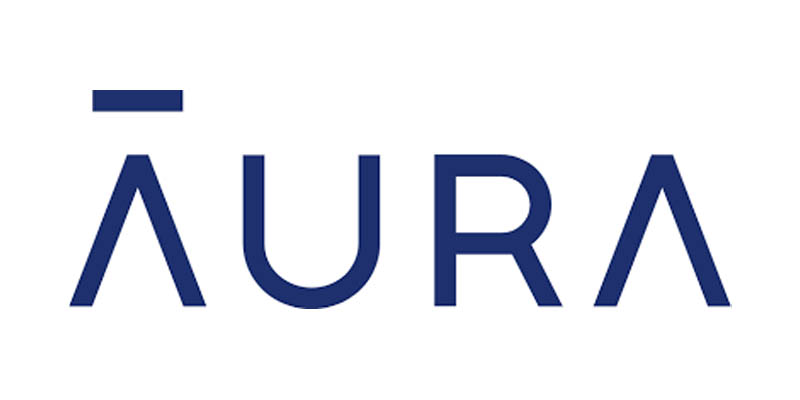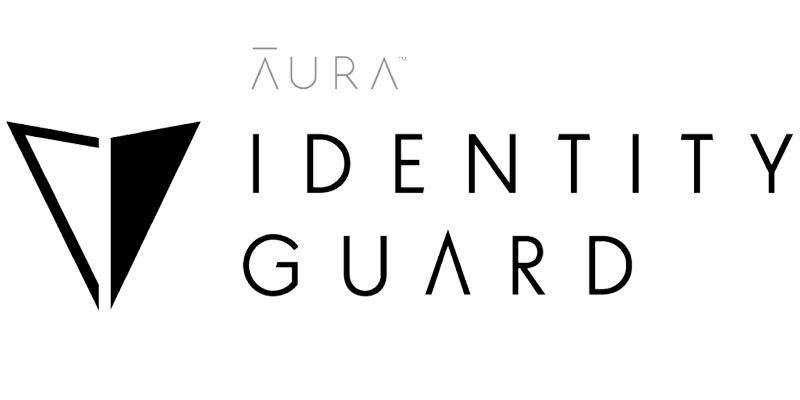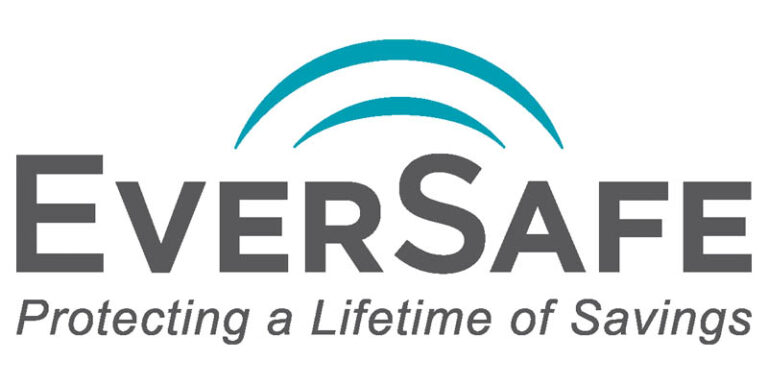Top 7 Identity Theft Scams and How to Avoid Them
Updated:
Retirement Living takes an unbiased approach to our reviews. We may earn money when you click a partner link. Learn More

Identity theft occurs when someone steals your personal information, like your name, Social Security number, or date of birth, to take out loans, open new credit accounts, or even commit other crimes. With access to your bank accounts, fraudsters can also access your retirement funds and tax returns.
Federal Trade Commission data shows that consumers reported losing more than $5.8 billion to fraud in 2021, up by 70% in 2020. Identity theft protection plans can help, but recognizing the most common identity theft scams and knowing how to avoid them can save you time and money.
Great for cybersecurity support
Aura Identity Theft Protection
- Plans can include members of different households
- Investment account monitoring
1. Phishing Scams
Phishing scams—or fake emails that appear to be from a well-known source—remain one of the most common identity theft scams. Sadly, many of these threats come from trusted services like Microsoft, Amazon, Google, or UPS. One trending cybercrime relates to fake delivery services from companies you’ve done business with. Impersonators will relay a problem with your order and ask you to click a link correct the issue. You’ll navigate to a company website that mirrors the real one and input account information that goes directly to the scammers.
Other threats include tech support scams, which disproportionately affect older people. Fraudsters will trick you into buying overpriced, unnecessary technical support services to fix problems with your computer, device, or software. They’ll actually install remote malware and other unwanted programs that can steal your information or damage your data or device.
How to avoid phishing scams: Be suspicious of any communication with urgent requests for personal financial information. Ignore unsolicited “update your password” emails and don’t click the links or respond to the email. Install robust anti-virus and anti-malware software to protect your data, and never open attachments on unexpected emails.
2. Smishing Scams
Like robocalls and emails, scammers can manipulate texts to make them look legitimate. Known as “smishing,” robotext scams hope to persuade you to turn over sensitive data such as financial numbers, passwords, or computer access. These texts usually mirror your bank, mobile provider, or tech service like Netflix.
Beware of delivery scams, COVID-19 scams, and even “wrong number” text messages that try to induce panic and get your information.
How to avoid smishing scams: Don’t respond to texts asking for personal information and report them to the company they are impersonating. Government agencies rarely contact you via phone or text message unless you’ve approved it first. Consider using a call-blocking service to filter messages.
3. IRS Scams
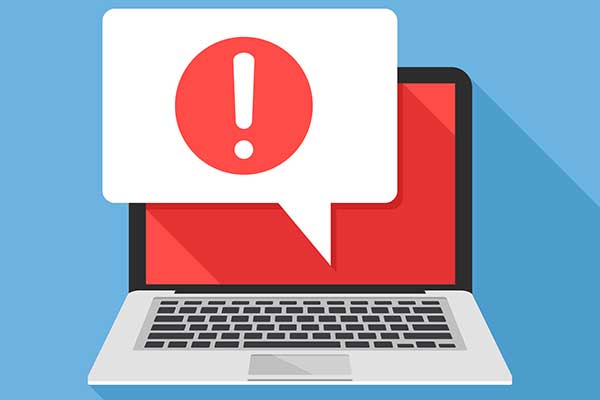
Unfortunately, some criminals impersonate IRS agents, other government employees, or debt collectors over the phone, online, or via the mail to trick you into sending them money for taxes or penalties you don’t actually owe.
IRS-impersonation tax scams: Fake IRS employee leverage bogus IRS identification badge numbers and logos to collect your personal information to collect your “extra” tax refund payment. Other spammers might call you about new taxes you owe, missing tax forms, or liens and levies that require payment to resolve.
IRS natural disaster scams: The IRS warns that scammers frequently try to take advantage of victims of major disasters like hurricanes, tornadoes or floods. Fake “agents” call to help victims file casualty loss claims and get tax refunds.
IRS unemployment scams: The pandemic opened the door for Covid-related scams, including PPP fraud and people claiming you’re due extra or overdue stimulus payments or unemployment checks. With this scam, you might receive a message asking you to click a link to verify personal information or telling you to pay a fee to receive money.
How to avoid IRS scams: Remember, the IRS never initiates contact with any taxpayer by text messages, email, or social media channels to request personal or financial information. Log into your IRS account to see the status of your tax returns and/or benefits.
4. Medicare Scams
Beware of scammers asking you to verify your identity, offering to send you free medical supplies, or claiming you’re entitled to a refund. Fraudulent callers typically steal a person’s identity by making up stories to obtain their name, Social Security number, or financial information.
In 2018, Medicare began issuing new cards to beneficiaries to improve protection from identity theft. Unfortunately, this kickstarted a new opportunity for senior scams, including scammers asking holders to update their information or pay a fee to receive their new cards. Medicare completed this rollout in 2019, so these kinds of threats are not real.
How to avoid Medicare scams: Call Medicare at 1-800-MEDICARE (1-800-633-4227) if anyone contacts you and asks for your personal information or money, or threatens to cancel your health benefits if you don’t comply. If a phone call is needed, you’ll receive an official letter from the SSA to arrange a telephone interview.
5. Prize scams
Congratulations! You just won a luxury cruise, a big jackpot or even a foreign lottery. All you have to do to collect your prize is “verify” your personal information and pay a small fee for delivery, processing, shipping, and taxes on your win.
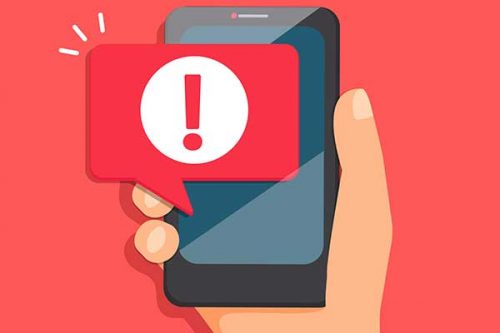
Legitimate contests and sweepstakes you entered will never call you to ask for a credit card or bank account number over the phone. Real contests never require you to pay a fee or buy anything to enter or improve your odds of winning.
How to avoid prize scams: If it sounds too good to be true, it usually is. Keep your money and your personal information to yourself and if you spot a scam, report it to the FTC. By filing a report, you can help FTC investigators identify and stop the scammers.
6. Utility Company Scams
As nations focus on energy supply and world relations, scammers have adapted to impersonating utility companies and demanding payment for service. By phone call or text, fraudulent people might request your personal information to continue service. Others promise refunds via direct deposit or check, as long as you tell them where to send it. More than 150,000 scams were reported in 2022.
How to avoid utility company scams: Call your utility company directly to confirm how you should pay. You’ll receive multiple advance notices if your account is past due. Most companies list ways to pay on your statement—never give up your information in any other form.
7. Medical Identity Theft
With so many of our health records transferring to digital databases, medical-related identity theft remains a big problem. In 2021, an average of 1.95 healthcare data breaches of 500 or more records were reported each day. Medical identity thieves frequently pretend to work for an insurance company, doctor’s office, hospital or clinic, or pharmacy to trick you into revealing personal information.
How to avoid medical identity theft: Never give out your Social Security, Medicare or health insurance identification numbers to anyone other than your physician or approved healthcare provider. Regularly review your explanation of benefits or Medicare Summary Notices to ensure that the filed claims match the services you received. If you find any questionable charges, report them to your health insurance provider or Medicare immediately. Request a copy of your medical records annually and carefully review them for inaccuracies and conditions you don’t have.
Compare Top Identity Theft Protection Companies
